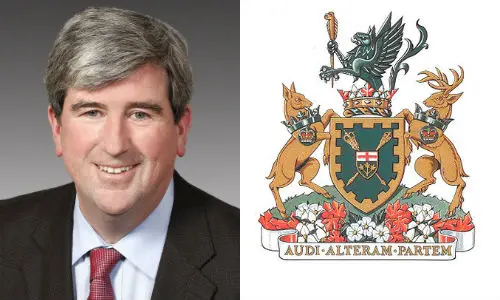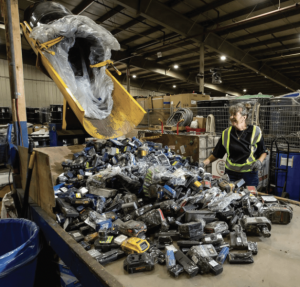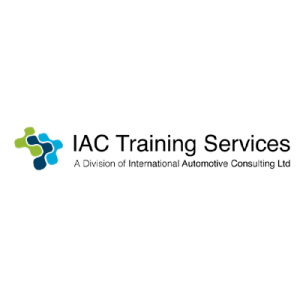By Jeff Sanford
Markham, Ontario — May 4, 2016 — Glen Murray is Ontario’s Minister of the Environment and Climate Change. He recently made some remarks on building a “circular” economy and congratulated automotive recyclers on being ahead of the curve.
Murray was refreshingly frank about the realities of climate change during an address to the 2016 Ontario Automotive Recyclers Association (OARA) Conference. Reeling off a series of disturbing stats, he mentioned that Ontario is on course to see higher regular temperatures than in the past.
“We’re looking at change now of four degrees in southern Ontario, eight degrees in northern Ontario,” said Murray. “It’s happening faster than we thought. Those anomalies are more common. We’re losing the stability of spring that allows pollinators to emerge.”
In a bid to stem the warming the government is going ahead with legislation designed to create a “circular” economy that will process and re-use far more of the materials that are currently thrown away. Re-using products that have already been manufactured and invested with energy will be key in reducing emissions. Creating endless arrays of new products is not tenable as a serious approach to climate change. The culture is going to have to use a lot more of what has already been manufactured.
In his address, Murray noted the Ontario government realizes the culture can no longer afford to produce and throw away at will. He mentioned the case of aluminum. The process of creating refined aluminum is so energy-intensive that it has been described as “congealed energy.”
“Once you’ve got these things made the cost of maintaining this stuff is not as great. If aluminium smelters ran on recovered product we would use 5 percent of the energy needed to make brand new stuff,” said Murray. “We throw away so much embedded energy. We need a circular economy. Instead of harvesting virgin resources, we need to move to reclaimed resources.”
This is not a contentious thing to say these days. The weather really does seem to be changing in some very odd ways. It is no longer trendy or radical thinking to say there is a limit to the natural capital available. Pure consumption without concern for end-of-life processes is an economic way of being the culture needs to evolve past.
“The auto industry was really good at coming up with a constant flow of new models and selling those. The industry has never paid as much attention as needs to be paid to the rest of the economic cycle,” said Murray. “What to do with end-of-life vehicles? What about repairability of the endless flow of slightly different vehicles that come out of the factory?”
Any legislation the Ontario government is proposing will certainly impact the business of auto recyclers. The auto recycling industry is at the heart of the business of reducing the waste from the auto industry, the core of the modern hydrocarbon emissions-based economic system. It is not exactly clear yet what the real impacts of the legislation will be, but it seems the auto recycling industry will be coming to occupy a place of much more importance in the newly emerging and necessary circular economy. This emerging stature of the auto recycling industry was not lost on Minister Murray.
“You are at the centre of this. The auto industry has to pivot. You are key for helping us transition. We are proud of you, and thank you for your integrity. It is not often you hear from an industry that asks to be regulated … but I am a grandfather of five years. We have to change the trajectory that we are on. I don’t want to be first to have to tell them we screwed it up. I am looking forward to working with your industry to help. We need to be carbon neutral by mid-century,” said Murray.



























